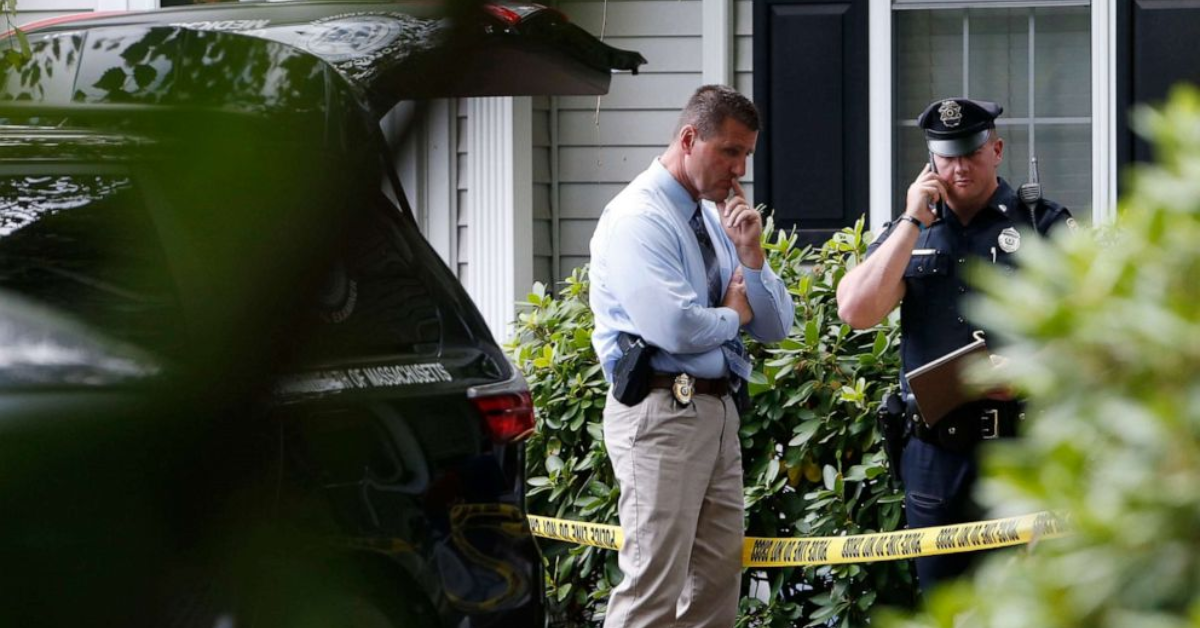Salem, OR – In a tragic case highlighting the consequences of judicial miscommunication, the state of Oregon has agreed to pay $6 million in damages after a man murdered his wife and her sister when a court-ordered ankle monitor was never activated. The devastating incident, which took place on November 16, 2022, has exposed critical systemic failures in the state’s pretrial release procedures.
Carlos Jimenez-Vargas, aged 46, was released from custody with an ankle monitor intended to prevent him from contacting his estranged wife, Gabriela Jimenez, 43. However, due to a breakdown in communication between the court and the GPS monitoring company, Vigilnet, the device was never activated, ultimately enabling the horrific shooting that claimed the lives of Gabriela Jimenez and her sister Lenin Rosas Hernandez, 38.
Legal Settlement and State’s Response
The state attorneys are preparing to pay a total of $6 million in damages to the families of the two victims, with each family receiving $3 million. This settlement aims to address the failure of the Washington County Circuit Court’s pretrial release office to adequately manage the ankle monitoring system and enforce protective measures.
- The victims’ families include Gabriela Jimenez’s four children and Lenin Rosas Hernandez’s husband and three children.
- The settlement also involves Vigilnet, the GPS tracking vendor, which has agreed to an additional undisclosed settlement figure.
How a Critical Miscommunication Led to Tragedy
According to court records, a fatal breakdown occurred when a pretrial release officer did not provide Gabriela Jimenez’s home address to Vigilnet, and the company failed to request this vital information. As a consequence, the ankle monitor was not programmed with an exclusion zone to bar Carlos Jimenez-Vargas from approaching his wife.
On November 14, 2022, Jimenez-Vargas was reported standing outside the home on Southwest Scholls Ferry Road for 15 minutes without triggering any alert, which would have occurred within one minute had the monitor been correctly activated. Two days later, he returned and fatally shot both women before turning the gun on himself, resulting in a fatal injury.
Systemic Failures and Lack of Training Highlighted
In a deposition, Rachel A. Clark, the court release officer involved, admitted to not having been trained to provide exclusion zone addresses to Vigilnet or access a victim information database, which was pending background check clearance. This lack of training and system access significantly contributed to the failure to enforce court-ordered protective measures.
Remembering the Victims and Their Legacy
The two sisters were respected members of the local community:
- Both attended schools in Hillsboro and graduated from Portland State University.
- They worked as substitute teachers before Gabriela Jimenez moved into human resources and Lenin Rosas Hernandez became a claims adjuster.
Their deaths have left a profound impact on their families and communities, underscoring the dire need for reforms in pretrial monitoring systems.
“This tragic event reveals critical gaps in our judicial and monitoring processes that must be addressed to prevent future heartbreak,” said a legal expert involved in the settlement discussions.
Looking Forward: Improving Safety and Accountability
The state’s willingness to settle for $6 million signals an acknowledgment of responsibility and the urgent need to improve pretrial release protocols. Key recommendations moving forward include:
- Mandatory training for court release officers on communication with GPS tracking companies.
- Implementation of victim information databases accessible to authorized pretrial staff.
- Regular audits and fail-safes to ensure ankle monitors are correctly activated and exclusion zones are enforced.
These measures aim to prevent such devastating incidents in the future, protecting vulnerable victims and upholding the integrity of court orders.







